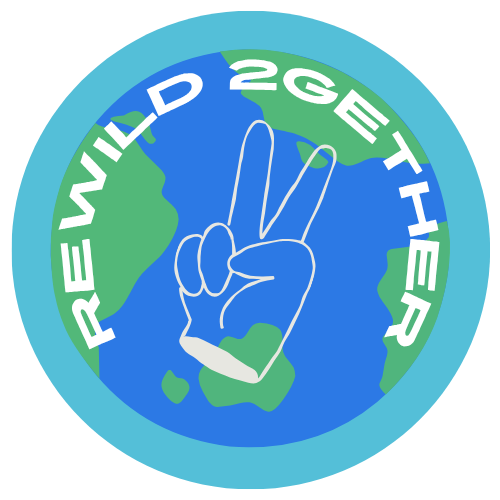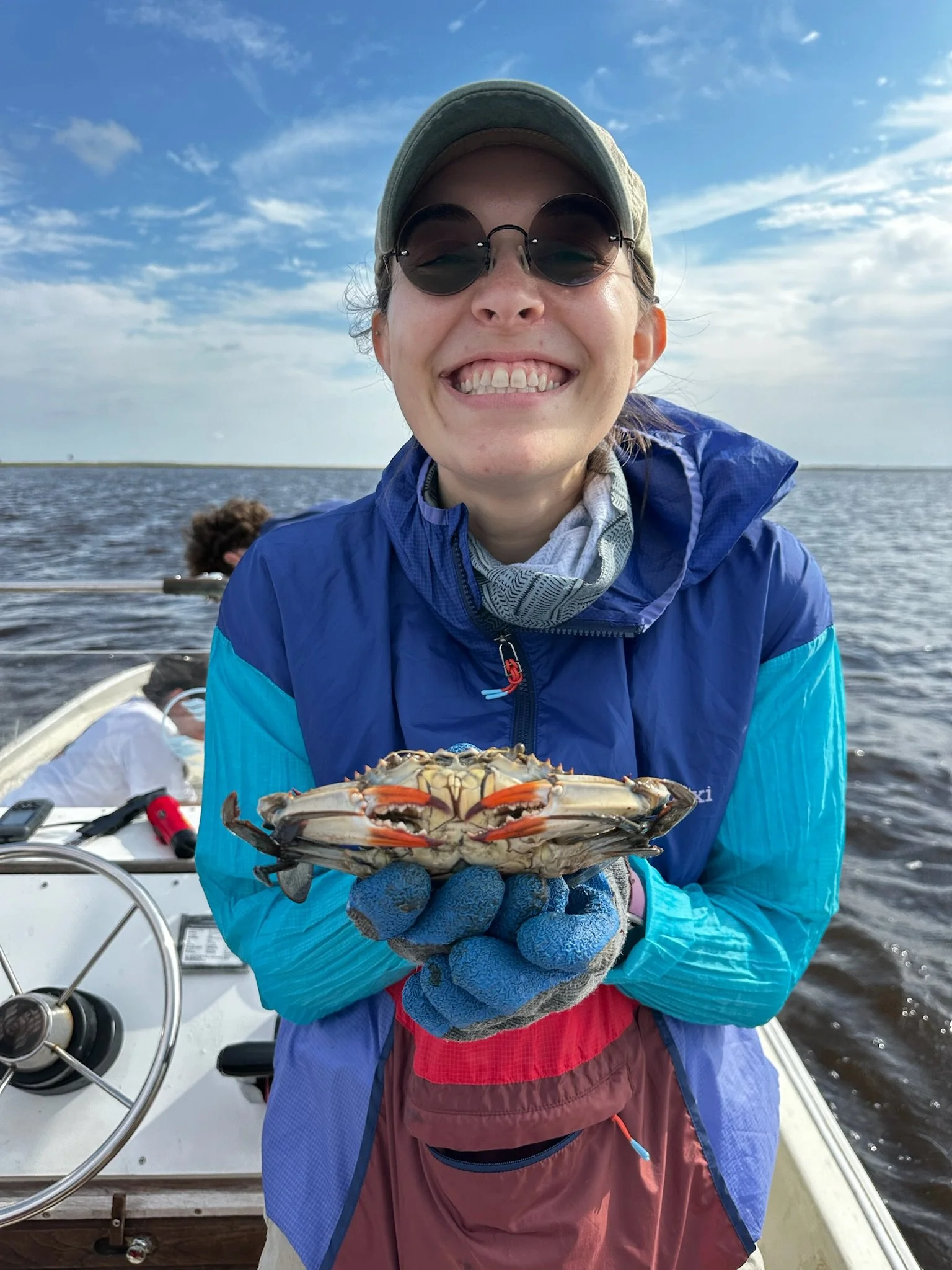My name is Hunter Ohmann, and I am an Environmental Science student at the University of South Carolina participating in the Graduation with Leadership Distinction (GLD) program, specifically focusing on the Research pathway. I will graduate in December of 2025 and aspire to pursue a career that combines environmental science, public policy, and science communication.
Before returning to school to study Environmental Science, I earned a degree in English and worked in a variety of roles that helped shape my interdisciplinary outlook. My journey has been anything but traditional, but it is this path that has allowed me to bridge science and society through meaningful research and advocacy.
This ePortfolio highlights three key insights that reflect the heart of my work: the power of media to influence environmental policy, the importance of systems thinking in environmental conservation, and the role of personal and academic resilience in shaping one’s professional identity.
The artifacts included, such as my Magellan Journey Submission, NOAA IN FISH internship materials, and my right whale research poster, demonstrate not only what I have accomplished but also why these experiences were transformative. Each artifact was chosen because it represents a pivotal step in my development as a researcher, communicator, and leader.
I hope this collection of work not only tells the story of how far I have come but also illustrates where I am headed, and why I believe science, policy, and storytelling must work hand in hand to protect our planet.
Hunter Ohmann
About
My path to Environmental Science has been anything but linear. Before returning to college, I earned a B.A. in English from the University of North Carolina and worked in roles that never fully aligned with my passions.
At 27, with encouragement from my husband, I chose to pursue the field that had fascinated me since childhood: Marine Science. That choice came with challenges, such as commuting over an hour and a half each way to campus, working to catch up in math and science after years in a K-12 system that downplayed those subjects, and ultimately shifting from Marine Science to Environmental Science after impediments in Calculus. What could have been a setback instead became a deliberate and adaptive evolution of my goals.
In many ways, that journey is what has made this experience so meaningful. I have had to fight every step of the way, and I am incredibly proud of how far I have come. That resilience has shaped how I approached every opportunity at the University of South Carolina.
Through funding from the Magellan Journey program and mentorship from Dr. Erin Meyer-Gutbrod and Ph.D. candidate Amadi Sefah Twerefour, I analyzed trends in news coverage of North Atlantic right whales and how media representation affects conservation policy.
I later completed the NOAA IN FISH internship at NOAA headquarters in Washington, D.C., researching international fishing agreements, vulnerable marine ecosystems, and the policy tools needed to protect them. Together, these experiences shaped my Research pathway as I was learning to translate data into understanding, and understanding into action. Finally, I applied for and was awarded a travel scholarship to attend my first STEM conference through SACNAS, which broadened my perspective on equity and inclusion in science.
Each artifact was chosen because it illustrates not just academic success, but resilience, adaptability, and growth across disciplines. Together, they show how my journey has strengthened both my scientific and communication skills.
My goal is to bridge data and public understanding, research and regulation, and urgent problems with equitable solutions, and to carry this work forward into a career focused on communication, justice, and environmental health.
Thank you for taking the time to explore my ePortfolio. I hope it captures not just what I have learned, but also why I care.

